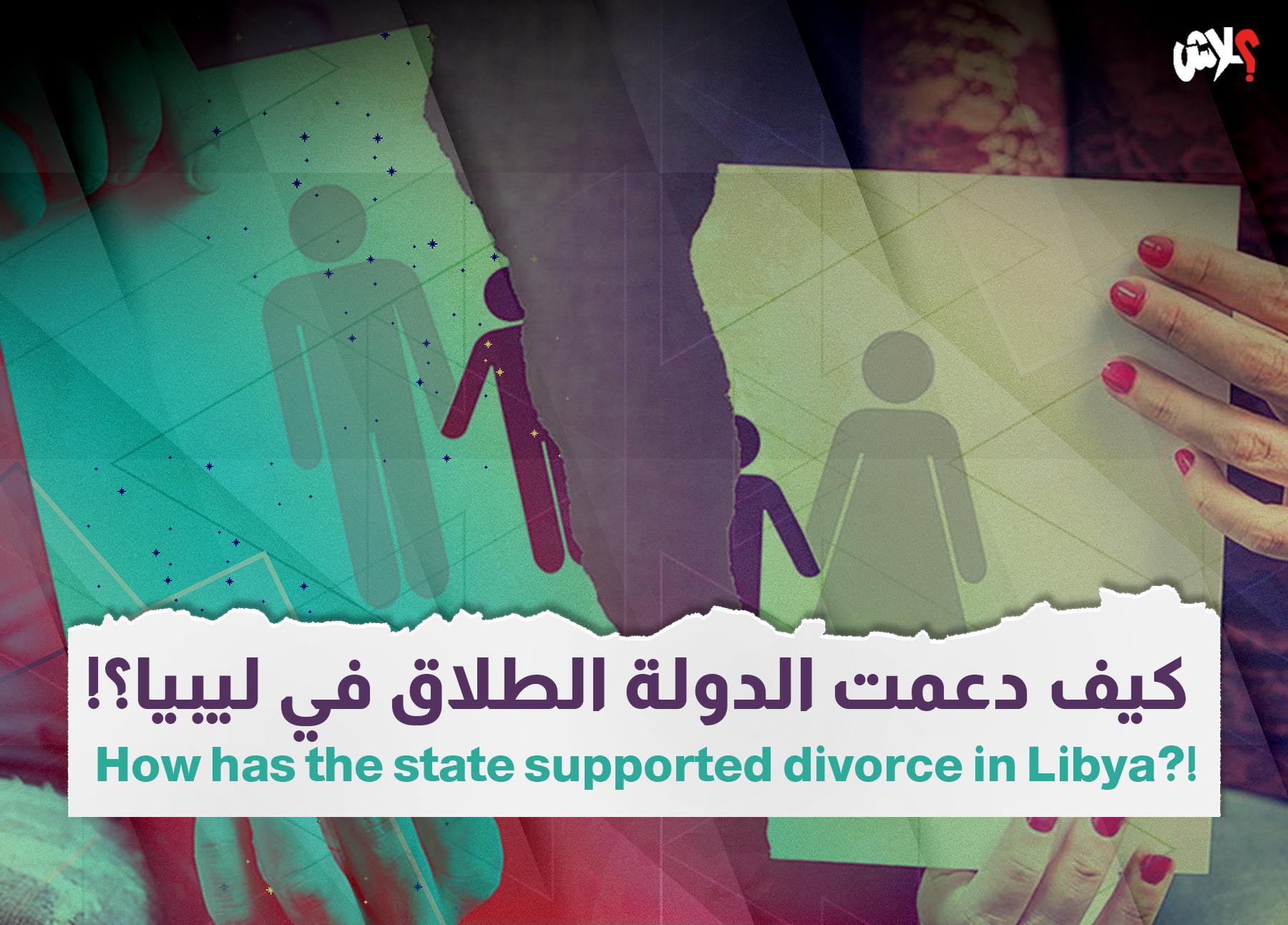How Did the Libyan State End Up Funding Divorce?
Not long ago, a video circulated on social media showing a young Libyan woman recounting the tragic details of a marriage that ended in divorcebefore it even truly began. She became one of thousands of victims of the government-funded “marriage grant” initiative. According to her testimony, her husband refused to finalize the divorce unless she returned his half of the state-issued grant: 20,000 Libyan dinars. Who would have thought such a modest sum could shatter someone’s life?
This heartbreaking story exposed the dark underside of a policy that started as a well-intentioned economic solution for youth but morphed into a social and psychological disaster.
A Policy Meant to Help—But Poorly Designed
In 2021, Libya’s Government of National Unity launched a marriage grant program worth 40,000 dinars per couple. The goal was to encourage young people to marry and ease the financial burden of weddings. However, the program lacked sufficient oversight or long-term planning. With minimal requirements essentially just a marriage contract and proof of intent applicants were free to exploit the system.
Soon, what was meant to be a social support initiative turned into an avenue for rapid profit. Marriage, for some, became a financial transaction. A wave of symbolic or purely contractual marriages emerged, often with no intention of building a family. Even underage marriages surged. And the courts? Flooded with divorce cases, leading many to dub this period the era of “state-sponsored marriage and government-funded divorce.”
Legal Warnings That Went Unheeded
In the same year, Chief Justice Mohamed Al-Hafi warned Prime Minister Abdulhamid Dbeibeh in a formal letter, noting the alarming surge in marriages solely motivated by the grant. Al-Hafi predicted precisely what happened: a flood of divorce cases and emotional devastation due to hasty, ill-considered unions driven by money rather than mutual commitment.
He urged lawmakers to draft a comprehensive law to regulate the grant and prevent abuse. But his call went largely ignored.
The Human Toll Especially on Young Women
The social fallout was immediate and severe. A report by Al-Araby Al-Jadeed (September 10, 2023) revealed 940 documented marriages of underage girls in 2021 alone a dramatic increase from previous years. Many of these girls lacked the maturity or understanding to navigate married life, let alone handle the trauma of sudden divorce.
Some women reported never being properly married or cohabiting with their husbands. Others were forced to surrender their share of the grant just to secure a divorce. These experiences left them not only financially exploited but socially stigmatized bearing the label “divorced” in a society that often treats it as a shameful mark rather than the outcome of a failed or abusive relationship.
A Failure of Governance, Not Just Policy
This was not merely a flawed social initiative. It was a case study in how not to craft public policy. The grant was implemented without a clear framework, proper eligibility criteria, or any long-term assessment of social impact. Billions of dinars were funneled into a program that failed to meet its objectives and instead sowed widespread harm.
The initiative fueled opportunism among young men who married solely for the payout, split the money, and walked away. It left women especially young and underage brides psychologically and socially devastated. And it drained public funds while flooding courts with divorce filings.
What was lost in the process? The very concept of marriage as a sacred bond based on trust, mutual support, and stability.
The Urgent Need for Accountability
Nearly four years and billions of dinars later, Libya is left with the consequences: rising divorce rates, fractured families, growing numbers of traumatized youth, and mounting public mistrust. The state’s failure wasn’t only financial it was deeply moral and structural.
Worst of all, official denial continues. Rather than acknowledge the crisis and move toward responsible reform, many officials cling to hollow justifications. They refuse to admit the unintended consequences that disproportionately hurt women and girls those most vulnerable to the program’s failures.
What Should Have Happened?
A robust vetting process before issuing grants.
Social and psychological support services for newlyweds.
Legal safeguards to prevent fraud and exploitation.
Clear disincentives for marriages entered into for financial gain.
Instead, the state handed out public funds with no strings attached, and now the courts are bearing the cost along with thousands of broken homes and crushed lives.
A Final Reflection
The state funded marriage as if it were a consumer good and reaped the chaos of commodified love. But societies aren’t built with money alone. They require vision, wisdom, laws, and empathy. Until Libyan policymakers understand this, every well-meaning initiative risks becoming another lesson in how not to govern.
Marriage is not a subsidized project. And divorce is not supposed to be the end goal.

